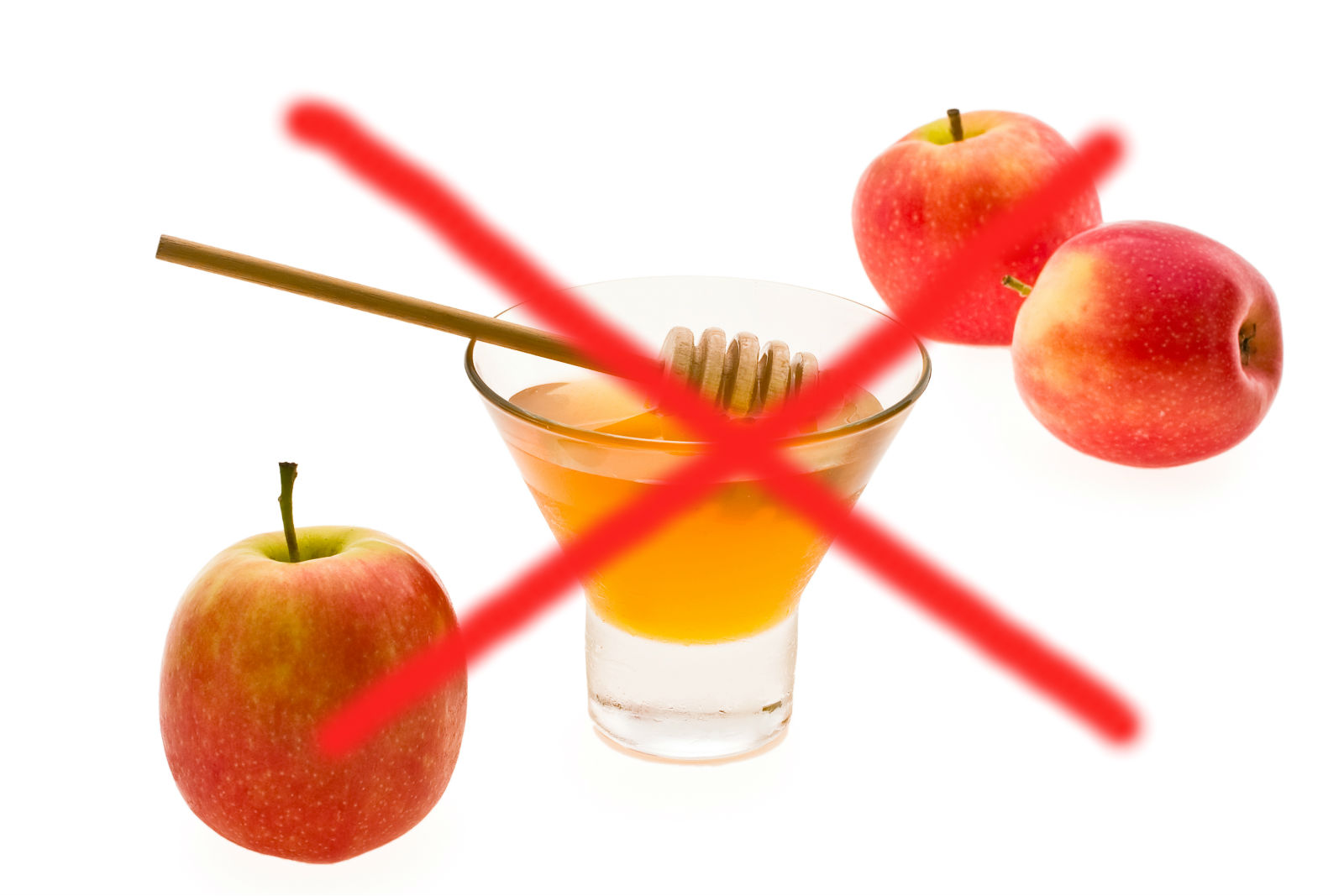-

Preparing for the Fall feasts
We are currently in the sixth month of the Biblical year, the month of Elul. This month is traditionally known as a month of introspection or repentance. This is a tradition, but a worthwhile one. It is good to consider where we are and what we have done. It is also good to ask YHVH…
-

Are you willing to be transformed?
There are seven feasts in Abba YHVH’s annual feast cycle. These feasts are perpetual and have a very specific purpose, fulfillment and a special spiritual significance. This cycle is a cycle of sanctification unto righteousness. During this cycle, another area in our lives is transformed, bringing us one step closer to who we are to…
-

Yom T’ruah is not Rosh haShanah
During this time of year we hear a lot of discussions as to whether or not we should join in the celebration of Rosh haShanah (Head of the new Year). We all know that Exodus 12:2 specifically tells us that the beginning of the year is in Aviv (spring time). Yet, we hear some very…
-

Feast of Trumpets – Yom T’ruah
What does scripture tell us about the first of the fall feasts? How much of what you have learned comes from men and how much from YHVH? We have mixed commandments and traditions so much that it becomes very difficult to tell the one from the other. As we get closer to Yom T’ruah it…
